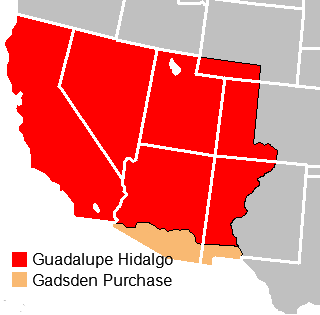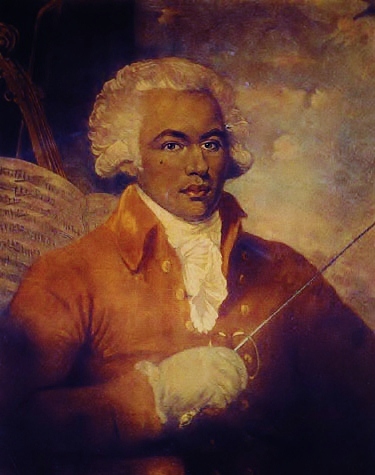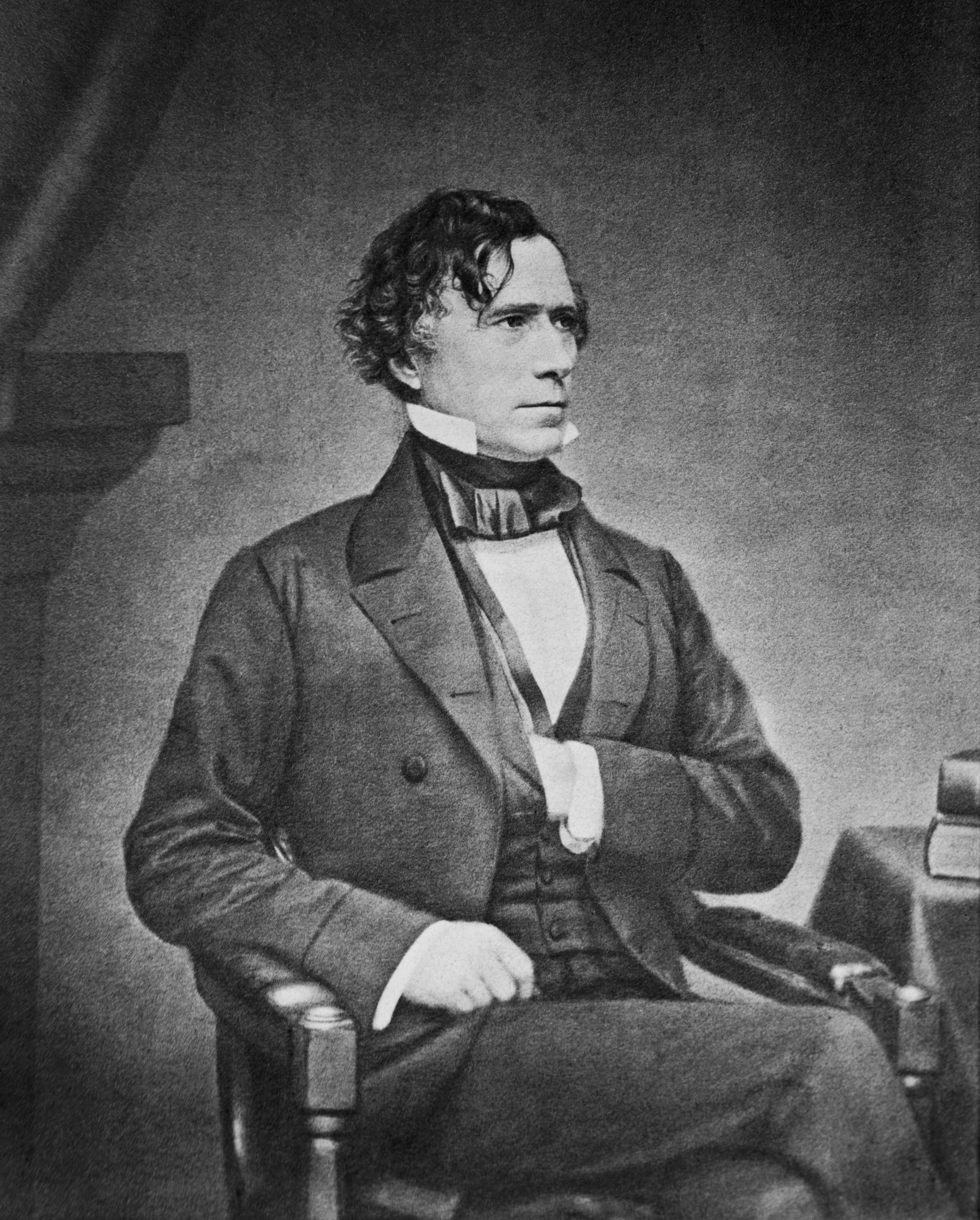|
Radical Abolitionist Party
The Radical Abolitionist Party (also known as the Radical Political Abolition Party and American Abolition Society) was a political party formed by abolitionists in the United States in the decade preceding the American Civil War as part of a reaction to the Kansas-Nebraska Act. The party was formed following their first convention in 1855 and lasted until the end of the decade. The Radical Abolition Party was distinct from other contemporary political groups of the time for their aims to immediately eliminate the institution of slavery (rather than containing it to where it already existed) and advocate for full citizenship rights for African Americans. They also advocated for other marginalized groups' rights, such as women and Native Americans. Many prominent black and white abolitionists were founders and members including Frederick Douglass, James McCune Smith, William Goodell, Gerrit Smith, and John Brown. It did not elect a candidate to office, rather made significant contr ... [...More Info...] [...Related Items...] OR: [Wikipedia] [Google] [Baidu] |
Abolitionism
Abolitionism, or the abolitionist movement, is the political movement to end slavery and liberate enslaved individuals around the world. The first country to fully outlaw slavery was France in 1315, but it was later used in its colonies. The first country to abolish and punish slavery for indigenous people was Spain with the New Laws in 1542. Under the actions of Toyotomi Hideyoshi, chattel slavery has been abolished across Japan since 1590, though other forms of forced labour were used during World War II. The first and only country to self-liberate from slavery was a former French colony, Haiti, as a result of the Revolution of 1791–1804. The British abolitionist movement began in the late 18th century, and the 1772 Somersett case established that slavery did not exist in English law. In 1807, the slave trade was made illegal throughout the British Empire, though existing slaves in British colonies were not liberated until the Slavery Abolition Act 1833. In the U ... [...More Info...] [...Related Items...] OR: [Wikipedia] [Google] [Baidu] |
1860 United States Presidential Election
Presidential elections were held in the United States on November 6, 1860. The Republican Party ticket of Abraham Lincoln and Hannibal Hamlin emerged victorious in a four-way race. With an electoral majority composed only of Northern states that had already abolished slavery, and minimal support in the Democratic-dominated Southern slave states, Lincoln's election as the first Republican president thus served as the main catalyst for Southern secession and consequently the American Civil War. The United States had become sectionally divided during the 1850s, primarily over extending slavery into the western territories. Furthermore, uncompromising pro-slavery elements clashed with those in favor of compromise; this created four main parties in the 1860 election, each with their own presidential candidate. The incumbent president, James Buchanan, like his predecessor, Franklin Pierce, was a Northern Democrat with Southern sympathies. Buchanan also adamantly promised not ... [...More Info...] [...Related Items...] OR: [Wikipedia] [Google] [Baidu] |
Republican Party (United States)
The Republican Party, also known as the Grand Old Party (GOP), is a Right-wing politics, right-wing political parties in the United States, political party in the United States. One of the Two-party system, two major parties, it emerged as the main rival of the then-dominant Democratic Party (United States), Democratic Party in the 1850s, and the two parties have dominated American politics since then. The Republican Party was founded in 1854 by anti-slavery activists opposing the Kansas–Nebraska Act and the expansion of slavery in the United States, slavery into U.S. territories. It rapidly gained support in the Northern United States, North, drawing in former Whig Party (United States), Whigs and Free Soil Party, Free Soilers. Abraham Lincoln's 1860 United States presidential election, election in 1860 led to the secession of Southern states and the outbreak of the American Civil War. Under Lincoln and a Republican-controlled Congress, the party led efforts to preserve th ... [...More Info...] [...Related Items...] OR: [Wikipedia] [Google] [Baidu] |
Free Soil Party
The Free Soil Party, also called the Free Democratic Party or the Free Democracy, was a political party in the United States from 1848 to 1854, when it merged into the Republican Party (United States), Republican Party. The party was focused on opposing the expansion of Slavery in the United States, slavery into the western territories of the United States. The 1848 United States presidential election, 1848 presidential election took place in the aftermath of the Mexican–American War and debates over the extension of slavery into the Mexican Cession. After the Whig Party (United States), Whig Party and the Democratic Party (United States), Democratic Party nominated presidential candidates who were unwilling to rule out the extension of slavery into the Mexican Cession, anti-slavery Democrats and Whigs joined with members of the Liberty Party (United States, 1840), Liberty Party (an Abolitionism in the United States, abolitionist political party) to form the new Free Soil Part ... [...More Info...] [...Related Items...] OR: [Wikipedia] [Google] [Baidu] |
William Whiting (Massachusetts Politician)
William Whiting (March 3, 1813 – June 29, 1873) was a United States representative from Massachusetts. He was born in Concord on March 3, 1813. He attended Concord Academy and graduated from Harvard University in 1833. He taught school in Plymouth and Concord. Whiting graduated from Harvard Law School in 1838. He was admitted to the bar the same year and commenced practice in Boston. He served as solicitor of the War Department 1862–1865. In 1868 he was a presidential elector, and in 1872 was elected as a Republican to the Forty-third Congress. He served from March 4, 1873, until his death in Boston on June 29 that same year. His interment was in Sleepy Hollow Cemetery in Concord. Colby University gave him the degree of LL.D. in 1872. He left $5,000 to Harvard for a scholarship. Whiting was for five years president of the New England Historic Genealogical Society. Works His principal work is ''The War Powers of the President and the Legislative Powers of Congress ... [...More Info...] [...Related Items...] OR: [Wikipedia] [Google] [Baidu] |
Lewis Tappan
Lewis Tappan (May 23, 1788 – June 21, 1873) was an American abolitionist who in 1841 helped to secure freedom for the enslaved Africans aboard the '' Amistad''. He was born in Northampton, Massachusetts, into a Calvinist household. Tappan was also one of the founders of the American Missionary Association in 1846, which established over 100 anti-slavery Congregational churches throughout the Midwest. After the American Civil War, the association founded numerous schools and colleges to support the education of freedmen. Contacted by Connecticut abolitionists shortly after the ''Amistad'' arrived in port, Tappan devoted significant attention to the captive Africans. He ensured the acquisition of high-quality lawyers for the captives, ultimately leading to their release after the case reached the United States Supreme Court. Alongside his brother Arthur, Tappan not only secured legal assistance and acquittal for the Africans but also successfully bolstered public support and ... [...More Info...] [...Related Items...] OR: [Wikipedia] [Google] [Baidu] |
Arthur Tappan
Arthur Tappan (May 22, 1786 – July 23, 1865) was an American businessman, philanthropist and abolitionist. He was the brother of Ohio Senator Benjamin Tappan and abolitionist Lewis Tappan, and nephew of Harvard Divinity School theologian Rev. Dr. David Tappan. He was a great-grandfather of Thornton Wilder. Biography Arthur was born in Northampton, Massachusetts, to Benjamin Tappan (1747–1831) and Sarah Homes Tappan (1748–1826), the latter a great-niece of Benjamin Franklin. They were devout Calvinists. Tappan moved to Boston at the age of 15. In 1807 he established a dry goods business in Portland, Maine. After his death, Arthur was described thus by his friend and educational collaborator Theodore Dwight Weld, who called him one of humanity's "great benefactors": In 1826, a year after the Erie Canal was completed, Arthur and his brother Lewis moved to New York City, the new national center of business and retail trade, where they established a silk importing busi ... [...More Info...] [...Related Items...] OR: [Wikipedia] [Google] [Baidu] |
William Goodell (abolitionist)
William Goodell (October 25, 1792 – February 14, 1878) was an abolitionist and reformer born in Coventry, New York. Early life; temperance Goodell spent several years of his early childhood confined to his room due to illness. It was during this confinement that he first discovered an appreciation for religion and writing. Following the deaths of his parents, William moved to Pomfret, Connecticut, to live with his paternal grandmother. He attended school but could not afford to go on to college. As a young adult, Goodell spent several years in various jobs in several different areas of the country, yet none of the work incorporated both of his interests in writing and religion. While working in Providence, Rhode Island, in 1823, William met and married Clarissa C. Cady. The couple later had two children. In 1827, at age 35, Goodell became a journalist for a reform journal in Providence, allowing him to write from a religious perspective. His articles focused mostly on Tempera ... [...More Info...] [...Related Items...] OR: [Wikipedia] [Google] [Baidu] |
Frederick Douglass
Frederick Douglass (born Frederick Augustus Washington Bailey, February 14, 1818 – February 20, 1895) was an American social reformer, Abolitionism in the United States, abolitionist, orator, writer, and statesman. He was the most important leader of the movement for African-American Civil rights movement (1865–1896), civil rights in the 19th century. After escaping from slavery in Maryland in 1838, Douglass became a national leader of the Abolitionism in the United States, abolitionist movement in Massachusetts and New York (state), New York and gained fame for his oratory and incisive antislavery writings. Accordingly, he was described by abolitionists in his time as a living counterexample to claims by supporters of slavery that enslaved people lacked the intellectual capacity to function as independent American citizens. Northern United States, Northerners at the time found it hard to believe that such a great orator had once been enslaved. It was in response to th ... [...More Info...] [...Related Items...] OR: [Wikipedia] [Google] [Baidu] |
Gerrit Smith
Gerrit Smith (March 6, 1797 – December 28, 1874), also spelled Gerritt Smith, was an American social reformer, abolitionist, businessman, public intellectual, and philanthropist. Married to Ann Carroll Fitzhugh, Smith was a candidate for President of the United States in 1848, 1856, and 1860. He served a single term in the House of Representatives from 1853 to 1854. First valedictorian of the new Hamilton College (1818), and married to the daughter of the college president, he had "a fine mind", with "a strong literary bent and a marked gift for public speaking". He was called "the sage of Peterboro." He was well liked, even by his political enemies. The many who appeared at his house in Peterboro, invited or not, were well received. (In 1842 the names of 132 visitors were recorded.) Smith, one of the wealthiest men in New York, was committed to political reform, and above all to the elimination of slavery. So many fugitive slaves came to Peterboro to ask for his help ( ... [...More Info...] [...Related Items...] OR: [Wikipedia] [Google] [Baidu] |
Abolitionists
Abolitionism, or the abolitionist movement, is the political movement to end slavery and liberate enslaved individuals around the world. The first country to fully outlaw slavery was France in 1315, but it was later used in its colonies. The first country to abolish and punish slavery for indigenous people was Spain with the New Laws in 1542. Under the actions of Toyotomi Hideyoshi, chattel slavery has been abolished across Japan since 1590, though other forms of forced labour were used during World War II. The first and only country to self-liberate from slavery was a former French colony, Haiti, as a result of the Revolution of 1791–1804. The British abolitionist movement began in the late 18th century, and the 1772 Somersett case established that slavery did not exist in English law. In 1807, the slave trade was made illegal throughout the British Empire, though existing slaves in British colonies were not liberated until the Slavery Abolition Act 1833. In the Unite ... [...More Info...] [...Related Items...] OR: [Wikipedia] [Google] [Baidu] |
1856 United States Presidential Election
Presidential elections were held in the United States on November 4, 1856. Democratic nominee James Buchanan defeated Republican nominee John C. Frémont and Know Nothing/ Whig nominee Millard Fillmore. The main issue was the expansion of slavery as facilitated by the Kansas–Nebraska Act of 1854. Buchanan defeated President Franklin Pierce at the 1856 Democratic National Convention for the nomination. Pierce had become widely unpopular in the North because of his support for the pro-slavery faction in the ongoing civil war in territorial Kansas, and Buchanan, a former Secretary of State, had avoided the divisive debates over the Kansas–Nebraska Act by being in Europe as the Ambassador to the United Kingdom. Slavery was the main issue, and with it the question of the survival of the United States as it then existed. The Democrats were seen as the pro-slavery party; the new Republican party, though hostile to slavery, limited its efforts to the politically more managea ... [...More Info...] [...Related Items...] OR: [Wikipedia] [Google] [Baidu] |







